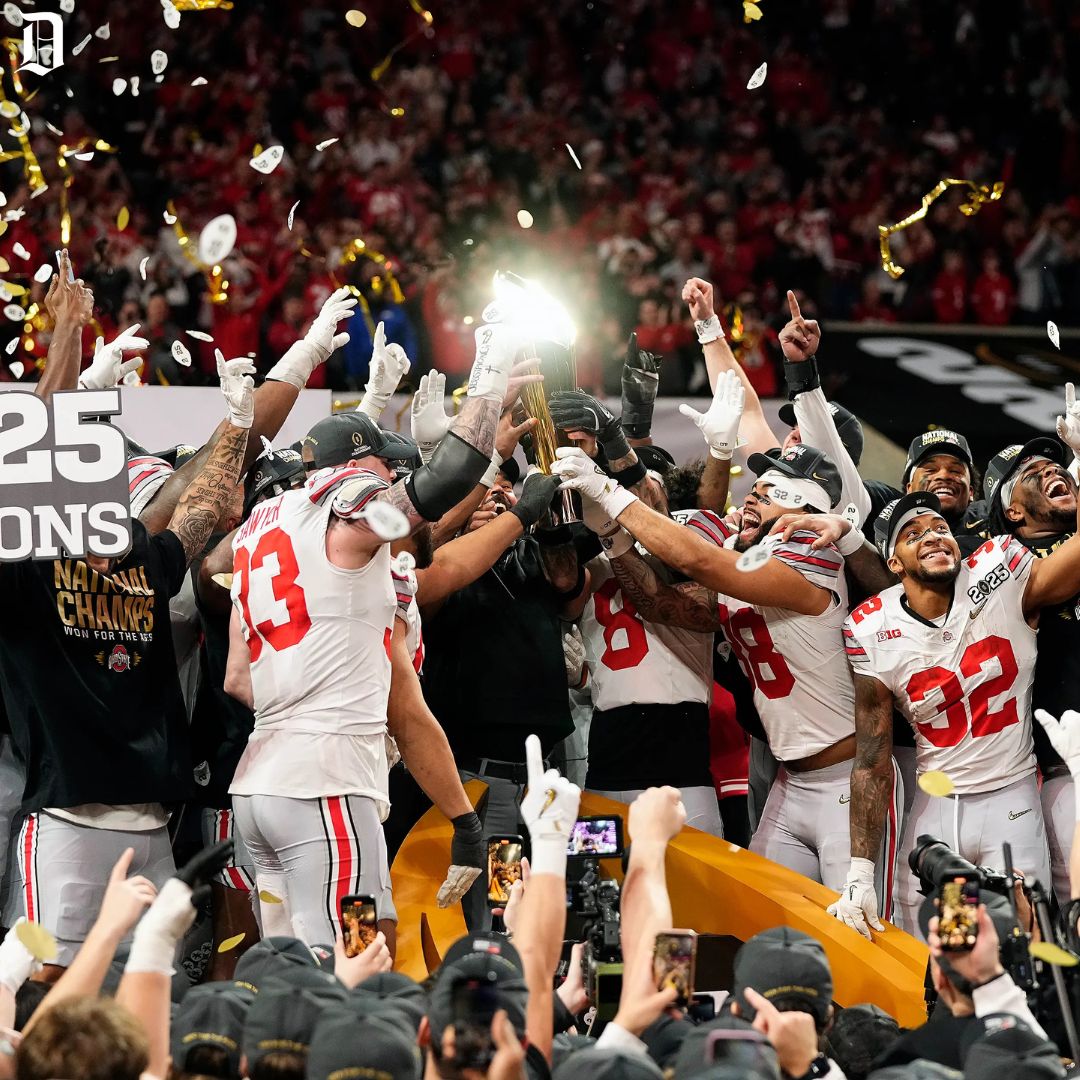I was about to conform to the blogosphere and write the typical “Best Super Bowl Ads of 2014” blog. But as I compiled my list I noticed a trend.
I retained the imprint of the operatic Morpheus in my mind, but I had to go find out that it was an ad for KIA, because I couldn’t remember. I recalled the awkwardly-mustached boy at prom on a couch, ogling the wonder kid Sean, but my brain failed to return TurboTax along with the ad.
This led me to the big question of whether these ads actually work, because if they do, I’m most certainly not conscious of it.
So let’s break it down. The way I see it, there are three kinds of ads: the laughers, the feelies and the stats.
We all know the laughers, or the attempted laughers. They usually have little to nothing to do with the product for sale, but they’re funny—or at least try to be.
Then, there are the feelies. The ones that evoke a squeal of, “that’s so cute!” or even a tear or two shed for America.
I think that for our purposes we can throw out the stats. For starters, most big budget super bowl advertisers don’t opt for this type. But further than that, they do consciously work. You could theoretically remember the APR financing and be convinced to buy a car.
But the first two types—the laughers and the feelies—are interesting. They don’t seem to work at first glance. They don’t serve as a meaningful motivator to choose one company over another. Audiences have a laugh or a cry, but don’t connect it back to a product on a later date.
But, to use the Super Bowl as an example, the price of a 30 second ad averaged $4 million this year. So, they must work, which leaves me with a disconcerting thought.
If these multimillion dollar ad executives have developed ways to burrow information into my brain which subconsciously forces me to do their bidding, how far can they take this?
To understand the depth of this little-talked about horror, we need to broaden our discussion. There are many companies in the entertainment industry that rely on ad revenue as their sole source of income.
We don’t really notice the tiny calls for other iPhone games as we flap our bird across the screen. We don’t pay any attention to the glittering pop-ups as we surf the web. But I suppose we do—without knowing it.
This kind of puts a damper on the whole idea of free will, and I’m frankly pretty frightened as to what this means for the future. So I guess keep your eyes out for creepy, malicious ads trying to get you to assassinate a world leader. Sit tight world. We won’t let the advertising business take us over.














